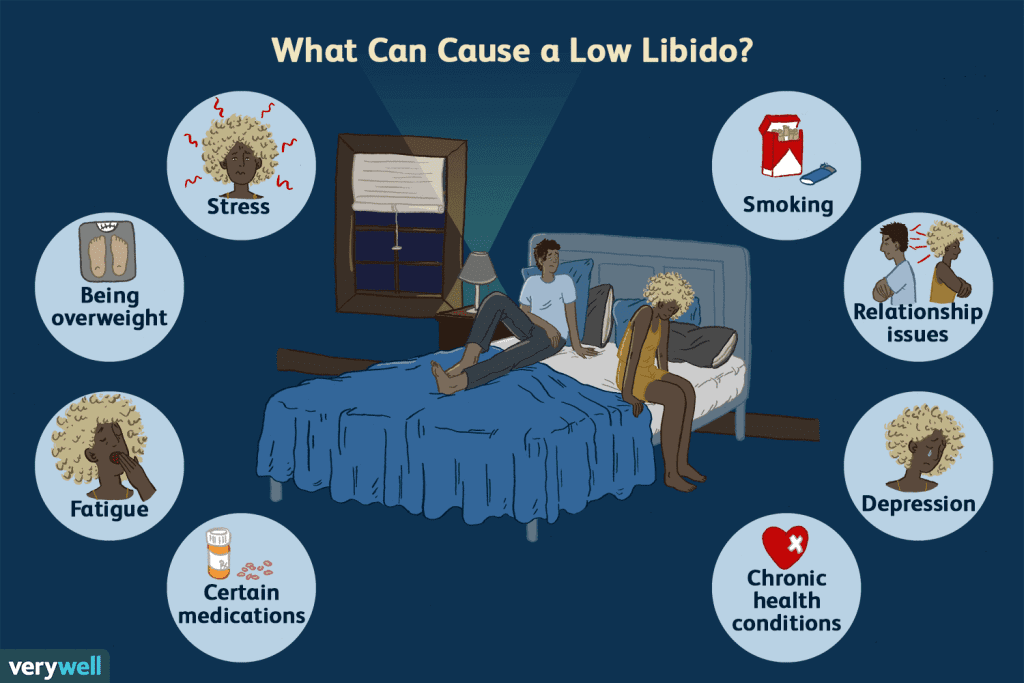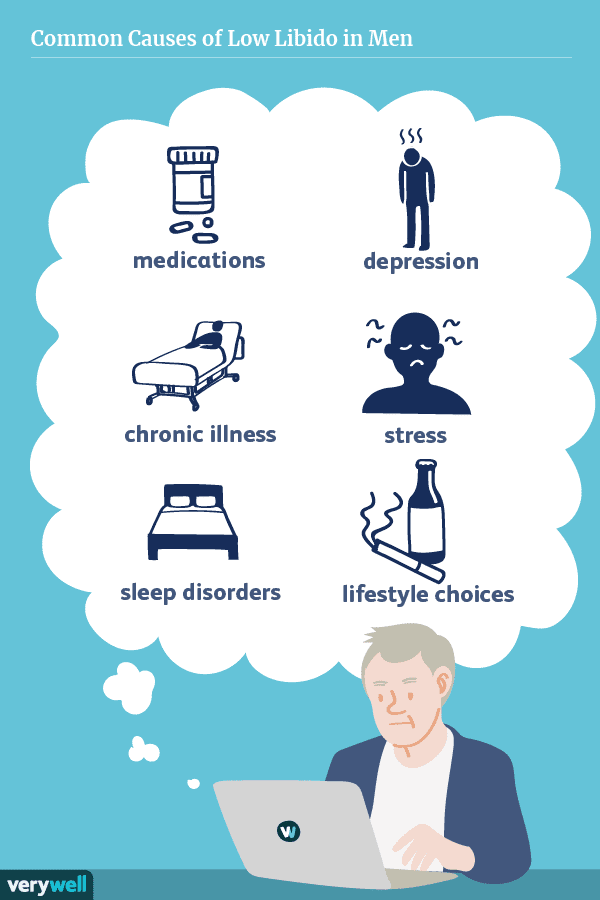
Low libido, or a decreased sex drive, can be caused by a variety of factors such as hormonal imbalances, medications, stress, and relationship issues. However, there are several treatment options available to help improve libido.
The nature of human sexuality remains a subject of ongoing study and debate among scientists. While hormones such as testosterone can influence sex drive in both men and women, it is not the only factor. Other psychological, social, and physical factors also play a role in shaping an individual’s libido.
One common approach is to address any underlying medical conditions or medications that may be contributing to the problem. This may involve adjusting or discontinuing medications, hormone therapy, or treating any underlying health conditions.

Lifestyle changes can also be effective in improving libido. Regular exercise, a healthy diet, reducing stress, and getting enough sleep can all help to improve sexual desire and function.
Counseling or therapy may also be beneficial, particularly for those who are experiencing relationship issues or mental health concerns that may be affecting their libido. Couples therapy can help improve communication and intimacy, while individual therapy can help address any underlying anxiety or depression.
In some cases, medication may be prescribed to help improve low libido. However, it is important to note that medication is not always effective and can come with side effects. Therefore, it is important to discuss the risks and benefits of medication with a healthcare provider.
READ ALSO: How to use the human mind to become very successful in life-Must read
WHAT HAPPENS TO MEN IN THEIR 20S

During their twenties, men typically have high levels of testosterone, which is necessary for sexual arousal. However, it can also be a time when sexual anxiety is common due to inexperience, with up to 8% of men reporting erectile dysfunction (ED). This may be due to medical or mental health issues, or may even indicate an increased risk of heart disease. It is important to discuss any symptoms with a doctor.
WHAT HAPPENS TO WOMEN IN THEIR 20S
In general, individuals tend to be more fertile during their teenage years and twenties than in later years. This may lead to a more selective approach to sexual activity. Interestingly, research suggests that female desire may actually increase as fertility declines toward the end of the twenties.
Despite declining levels of testosterone as men age, many continue to have a strong sex drive through middle age. Stress from work, family, and other commitments can impact interest in sex, however. For women, sexual desire may actually peak between the ages of 27 and 45, with more frequent and intense sexual fantasies, as well as greater frequency of sexual activity.
Pregnancy, childbirth, and child-rearing can all have a significant impact on a person’s sex life. Hormonal changes during pregnancy can lead to fluctuations in libido, as can the demands of caring for a newborn. Breastfeeding and other factors can also affect sexual desire and energy levels.
As individuals age, physical and mental health become increasingly important factors in sexual health. Age-related health conditions such as heart disease, diabetes, high cholesterol, and obesity can all contribute to erectile dysfunction. However, maintaining good health and discussing options with a doctor can help preserve sexual function as individuals age.
For women, menopause and the associated drop in estrogen levels can lead to a decrease in libido and vaginal dryness. Other symptoms such as hot flashes, anxiety, weight gain, and sleep problems can also impact sexual desire. Discussing treatment options with a doctor can help alleviate these symptoms and improve sexual health.
While testosterone is important for sexual arousal, the amount required can vary from person to person. Additionally, levels of testosterone may not be the only factor influencing sex drive. Mental health, physical fitness, and other medical issues can all contribute to sexual health.
If experiencing issues with sexual desire, it is important to discuss concerns with a doctor. Treatment options such as hormone therapy or medication can help boost overall sex drive. Communication with a partner and a willingness to explore new things can also help keep sexual intimacy alive throughout different stages of life.



